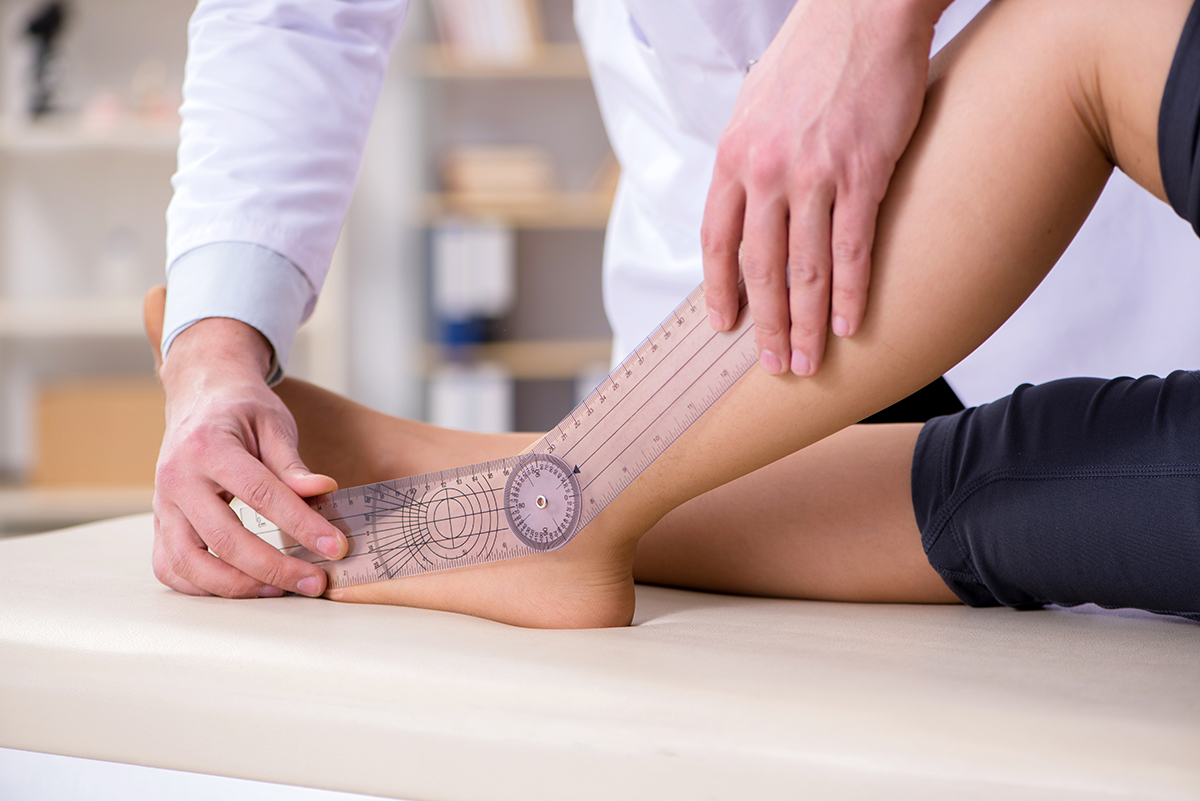Having your first orthopedic appointment? When you go to an orthopedic doctor for the first time, it can be hard to know where to start. Planning questions to ask ahead of time can help both you and your doctor get the most out of your visit. The first step in taking care of your long-term health is to understand your condition.
Even though your orthopedic doctor is likely to tell you everything you need to know, you should still ask your own questions to avoid getting confused. So, if this is your first visit with us here at Tennessee Orthopaedic Alliance, for whatever reason, you should have all the questions you want the doctor to answer ready.
Even though each case is different and may need slight changes, this blog can help you think of some questions to ask.
What do You Need to Know About My Medical History?
Our doctors here at Tennessee Orthopaedic Alliance can tell you what information you need to know. You will get more out of your first visit if you make lists and keep health records before your appointment. Bring any medical records and contact information from other doctors you’ve seen about your problem and you should also say if you regularly take any prescription medicines, over-the-counter medicines, or supplements.
What Does This Pain Mean?
Telling the doctor how much pain you’re in can help them figure out what’s wrong. The pain scale is a great way to tell your doctor about your pain. Most people use a pain scale with numbers from 1 to 10, where 1 means no pain and 10 means excruciating pain. Even though it seems simple, pain scales are a clear and helpful way to talk to your doctor about your pain.
Is It Something I Should Worry About?
Doctors don’t usually lie. If something is really bad, they would tell you in a way that makes you feel better and then would help you figure out what to do next and the right way to do it. So, for your peace of mind, ask your doctor if you should be worried about anything, but don’t worry if there is. Listen carefully to your doctor and do what he or she says.
How Can I Avoid More Orthopedic Issues?
Plan ahead by talking about how to avoid problems in the future and how to treat them if they do happen. Talking to your doctor about this now can keep you from getting hurt, especially if you are about to start a new sport. They can give you a list of simple things you can do at home to stay healthy.
What Foods, Drinks, or Activities Should I Avoid For My Treatment?
If your doctor does suggest a way to treat your condition, make sure you have all the information you need before going through any procedure, therapy, or surgery. Early information about what to avoid can help make sure that healing keeps going in the right direction.
What Are the Risks and Benefits of This Treatment Plan?
To make an informed choice, you need to know all of your treatment options. Make sure to also ask about any possible bad side effects, understanding the pros and cons will help you and your doctor make a decision that makes you feel good.
What Other Treatment Options Do I Have?
Your doctor would come up with a treatment plan that would work best for you. But there are a lot of reasons why you should also know about other treatments. For example, if your orthopedic surgeon at Tennessee Orthopaedic Alliance told you to get an invasive treatment but you can’t have surgery right now, you should know what other options you have. Or, if your condition gets worse, what treatment should you get? You should know the answer to these questions to start in the right frame of mind.
Can I Have More Information to Take with Me?
Tell your specialist if you need to choose your treatment and would like time to think and do research at home. A lot of the time, doctors have helpful brochures or other materials that can help you feel ready and confident about your treatment plan.
How Much Will it Cost?
Sure, diagnostic tests and surgeries cost different amounts in different clinics and hospitals. Doctors do have a good idea of how much all of this should cost you in an ideal world. Do not be afraid to ask the doctor how much the tests and surgeries you need or want will cost. This would give you a good idea of how much money the treatment will cost, giving you enough time to make the necessary arrangements if money is tight for you. Your orthopedic doctor can also give you very personalized advice and help with your finances, which can be very helpful.
What Other Resources Can I Trust for Medical Information?
The best way for medical care to work is for the patient and the doctor to work together. When you do your research, find out from your appointment which websites are the most reliable.
What Experience do You Have in Treating my Condition?
If you respectfully ask this question, it can give you a lot of peace of mind. There are probably a lot of other people with the same problem, and there are most likely a lot of success stories to go along with it.
First-Time Consultations with Your Orthopedic Doctor
As a patient, you should take charge and ask the right questions from the start. This will help you keep things clear. Also, the less scared you are of your problems, the more you understand them and the more it will also help you figure out what steps to take to get better.
Here at Tennessee Orthopaedic Alliance, we have many specialists who are great with people who are coming in for the first time. Our doctors work hard to answer all of their patients’ questions and listen to their worries.
Follow us on Facebook.




